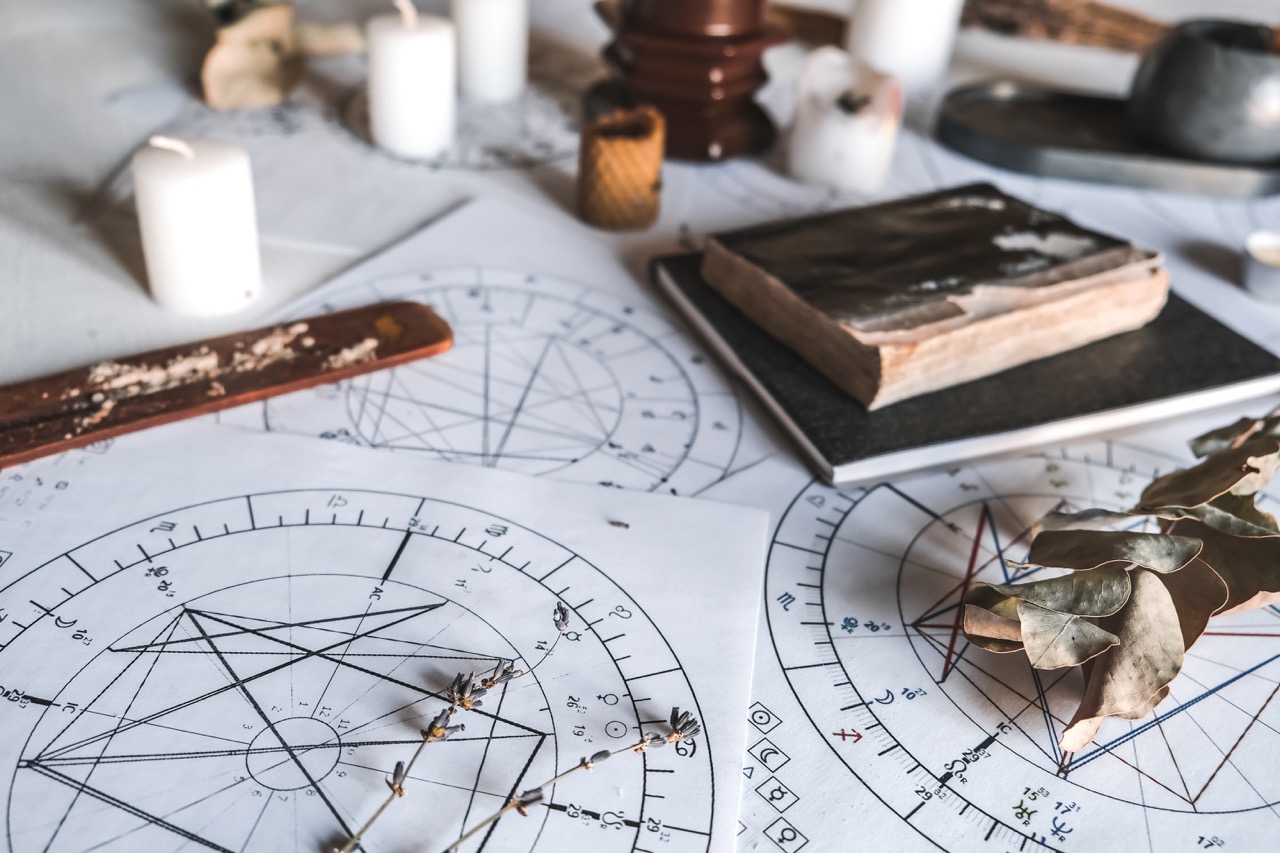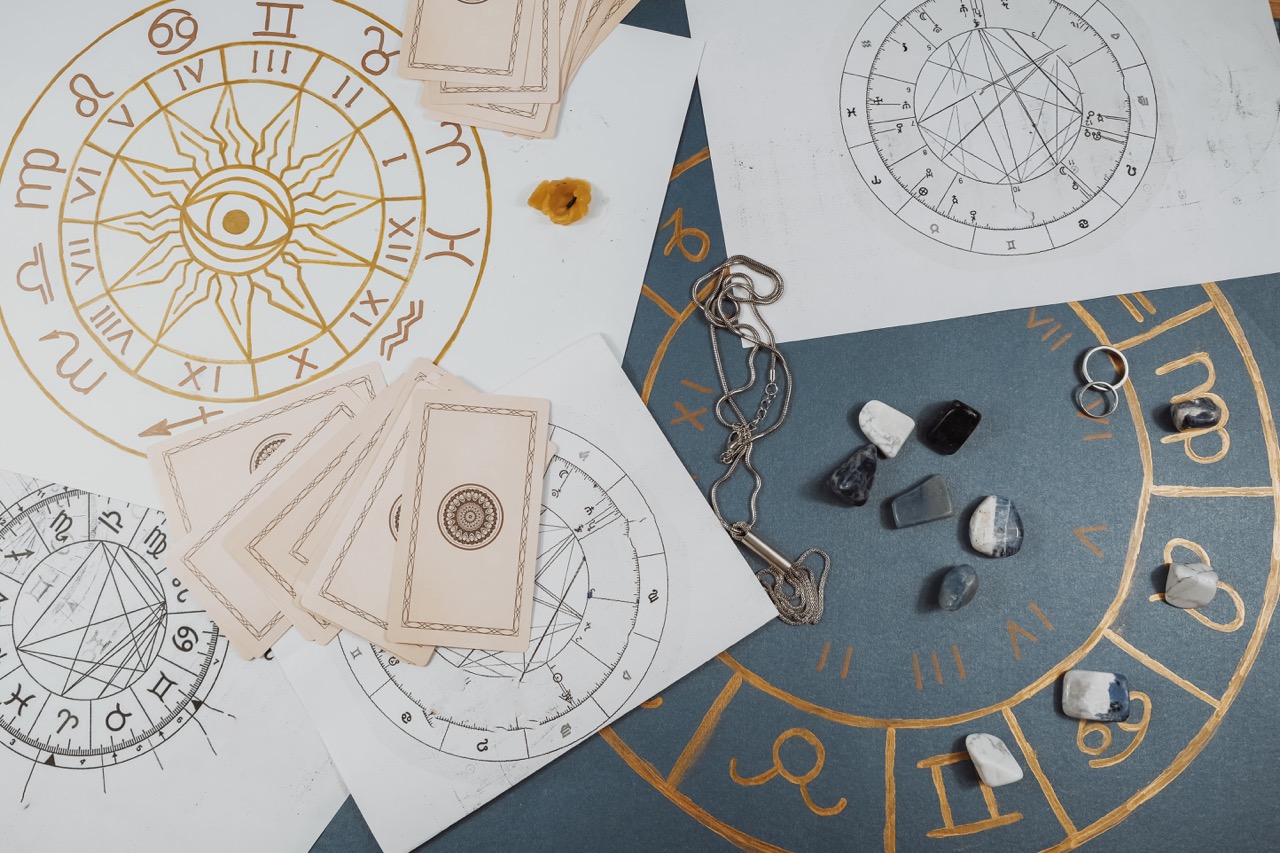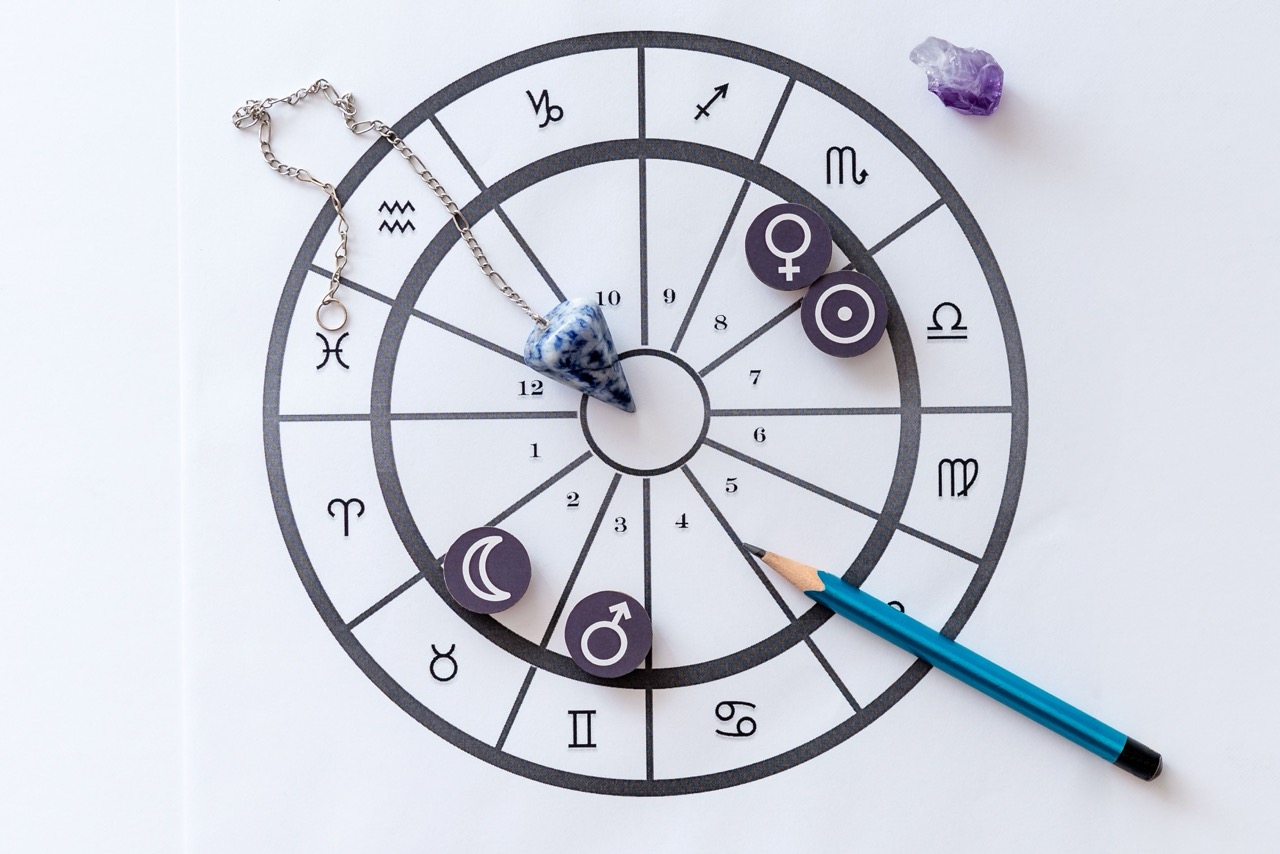In a world where mental health has gained unprecedented recognition, alternative methods for enhancing emotional well-being are increasingly coming to the forefront. Among these methods is astrology—a centuries-old practice that many believe holds the key to understanding our emotional landscapes through the lens of celestial movements. While skeptics often dismiss astrology as mere superstition, a growing number of individuals find comfort and insight in its cosmic narratives. This article delves into the intricate relationship between astrology and mental health and asks the question: can the stars truly guide us toward emotional resilience and understanding?
Exploring the Cosmic Connection: Astrology and Well-Being
Astrology posits that the position of celestial bodies at the time of our birth can influence our personalities, emotions, and even our fates. This belief invites us to explore the cosmic connection that many claim exists between the universe and our mental health. At its core, astrology offers a framework for self-reflection, encouraging individuals to look inward and assess their emotional patterns. For those grappling with anxiety, depression, or other mental health challenges, astrology can serve as a guiding light, illuminating paths toward healing and self-acceptance.
The astrological chart, often referred to as a natal chart, is a unique blueprint that reveals the alignment of planets and stars at the moment of one’s birth. By studying this chart, individuals can gain insights into their strengths and weaknesses, emotional triggers, and potential life challenges. This process of self-discovery can foster a greater understanding of oneself, enabling individuals to approach their mental health journeys with a renewed sense of purpose. The cosmic connection laid out by astrology can inspire a profound sense of agency over one’s emotional experiences.
Moreover, astrology encourages a narrative that transcends the day-to-day struggles of life. It invites individuals to consider their place within the universe and the grand tapestry of existence. This perspective can provide solace, particularly during times of turmoil. By recognizing that their experiences are part of a larger cosmic story, individuals may find comfort and resilience, thereby enhancing their overall well-being.
The Stars Aligned: A Glimpse into Astrological Insights
Astrology’s allure often lies in its ability to provide insights that resonate deeply with personal experiences and emotions. Each zodiac sign embodies distinct traits and tendencies, which can offer individuals a sense of belonging and understanding. For instance, a Cancer’s nurturing nature may help them navigate relationships, while a Leo’s innate confidence can inspire them to take bold steps in their careers. Understanding these archetypes can empower individuals to harness their strengths and mitigate their weaknesses, ultimately leading to improved mental health outcomes.
Additionally, astrology can help individuals gain clarity during challenging times. Many people turn to their horoscopes for guidance, seeking reassurance in the unpredictable nature of life. Whether it’s a career setback or a personal loss, astrological insights can provide a framework for understanding the emotional turbulence that often accompanies such events. Through the lens of astrology, individuals can reframe their challenges as opportunities for growth, fostering resilience and a proactive stance toward mental health.
Furthermore, the cyclical nature of astrology—marked by planetary transits and phases—offers a unique perspective on emotional experiences. For example, a challenging Saturn transit may signal a period of introspection and growth, while a Jupiter return could herald expansion and joy. By aligning their emotional states with these cosmic rhythms, individuals can cultivate a deeper connection to their own experiences, promoting a sense of balance and harmony in their mental well-being.
Charting Your Emotions: How Astrology Reflects Feelings
Astrology provides a vocabulary for expressing complex emotions that can often feel overwhelming or indefinable. By interpreting the symbolism of planets and signs, individuals can articulate their feelings in a way that feels meaningful and personal. For example, the influence of Mercury may highlight communication struggles, while the gentle touch of Venus could illuminate issues surrounding love and self-worth. In this way, astrology acts as a mirror, reflecting the intricate tapestry of human emotion.
Moreover, astrology encourages individuals to explore their emotional responses through the lens of their birth charts. Each planet represents different facets of human experience—Mars embodies passion and anger, while the Moon encapsulates our innermost feelings. By examining these astrological elements, individuals can gain insights into their emotional triggers and patterns, enabling them to navigate their feelings more effectively. This process of emotional charting can lead to greater self-acceptance and an enhanced ability to cope with mental health challenges.
In addition, the practice of journaling in conjunction with astrology can help individuals process their emotions more deeply. Writing about astrological insights or reflecting on transits can create a dialogue between the self and the cosmos, allowing for introspection and growth. This practice transforms astrology from a mere belief system into a powerful tool for emotional healing, offering pathways to clarity in moments of confusion and distress.
Healing Through the Zodiac: Stories of Transformation
Across the globe, countless individuals have turned to astrology as a means of healing, finding transformation through this ancient practice. Stories abound of people who, through an understanding of their astrological charts, have navigated periods of intense emotional upheaval. For instance, one individual might recall how the realization of their Scorpio ascendant empowered them to confront deep-seated fears of vulnerability. By embracing their innate intensity and transformative power, they could emerge from a cycle of anxiety and self-doubt.
Another narrative highlights the experience of someone facing depression who looked to their Sun sign for guidance. As a Pisces, they discovered a deep well of creativity within themselves, using art as an expressive outlet for their emotions. This astrological insight allowed them to channel their feelings into something productive and healing, illustrating how the zodiac can serve as a catalyst for positive change. These stories of transformation underscore astrology’s potential to illuminate paths toward mental wellness and self-discovery.
Furthermore, as individuals share their experiences, they often inspire others to explore the astrological dimensions of their own lives. These narratives create a sense of community, reminding us that we are not alone in our struggles. The stories of transformation through astrology weave a rich tapestry of collective healing, demonstrating the profound impact that understanding our cosmic connections can have on our emotional well-being.
Skeptics vs. Believers: The Debate on Astrology’s Worth
Despite its growing popularity, astrology remains a contentious topic, eliciting both fervent believers and staunch skeptics. Critics argue that astrology lacks empirical evidence and is based on myths rather than scientific principles. They contend that reliance on astrological interpretations can lead individuals to neglect tangible mental health care solutions, potentially exacerbating their struggles. This skepticism raises important questions about the role of astrology in contemporary mental health discourse.
On the other hand, supporters of astrology argue that its value lies not in empirical validation, but in its ability to provide meaning and context to human experiences. For many, astrology serves as a coping mechanism, offering insights that help them navigate complex emotional landscapes. Proponents emphasize that astrology can coexist with traditional therapeutic practices, enriching the understanding of oneself rather than detracting from it. This perspective highlights the need for an open-minded approach to the intersection of astrology and mental health.
Ultimately, the debate surrounding astrology’s worth may reflect broader societal questions regarding spirituality, science, and the search for meaning. As mental health continues to evolve as a field, the inclusion of varied approaches—including astrology—could pave the way for a more comprehensive understanding of well-being. The challenge lies in acknowledging the diverse paths individuals take toward healing while ensuring that they have access to evidence-based mental health care.
Finding Balance: Integrating Astrology with Mental Health Care
For those interested in incorporating astrology into their mental health journey, a balanced approach is essential. Integrating astrological insights with evidence-based therapeutic practices can offer a holistic framework for understanding one’s emotional experiences. Licensed therapists increasingly acknowledge the role of spirituality and alternative practices in healing, encouraging clients to explore modalities that resonate with their beliefs and experiences. By fostering a dialogue between astrology and conventional mental health care, individuals can embark on a more comprehensive path toward well-being.
Practitioners who blend astrology with therapy often emphasize self-awareness and empowerment. Recognizing astrological patterns can empower individuals to take proactive steps in addressing their mental health challenges. For example, during a difficult transit, clients may be encouraged to engage in self-care practices or mindfulness techniques that align with their astrological insights. This synergy can create a rich tapestry of support, nurturing both emotional and mental health.
Furthermore, education plays a crucial role in bridging the gap between astrology and mental health care. Individuals seeking to explore astrological insights should consider consulting reputable sources or qualified practitioners who can provide guidance on the interplay between astrology and emotional well-being. By fostering a culture of informed exploration, we can create a space where astrology complements traditional mental health care, offering individuals a greater array of tools to navigate their emotional journeys.
While the debate surrounding astrology’s validity continues, its role in the realm of mental health cannot be discounted. For many, astrology provides a unique lens through which they can explore their emotions, navigate challenges, and find healing. The stories of transformation and self-discovery that emerge from astrological practices illustrate a profound connection between the cosmos and human experience. As we seek to integrate diverse approaches to mental well-being, astrology stands as a testament to our enduring quest for understanding, purpose, and balance amid the complexities of life. Embracing its potential alongside traditional methods may offer a holistic path toward emotional resilience and fulfillment.




